
Rod Drew hunts for a missing girl and finds himself in a fight over a goldmine as well.
You May Also Like

Danish culinary entrepreneur and Noma co-founder Claus Meyer has kickstarted a gastronomic revolution in Bolivia’s capital of La Paz with the opening of Gustu, a fine-dining restaurant and cooking school for the country’s impoverished youth. Kenzo, a hunter raised in the Bolivian Amazon, and Maria Claudia, a native of the Andean altiplano, have resettled in La Paz in order to pursue a career in the culinary arts. Under the tutelage of Meyer, these young Bolivians are working towards a better future as they attempt to establish their country as the world’s next great culinary destination.
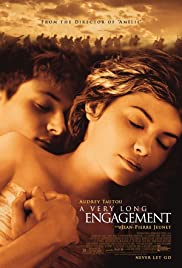
In 1919, Mathilde was 19 years old. Two years earlier, her fiancé Manech left for the front at the Somme. Like millions of others he was “killed on the field of battle.” It’s written in black and white on the official notice. But Mathilde refuses to believe it. If Manech had died, she would know. She hangs on to her intuition as tightly as she would onto the last thread of hope linking her to her lover. A former sergeant tells her in vain that Manech died in the no man’s land of a trench named Bingo Crepescule, in the company of four other men condemned to die for self-inflicted wounds. Her path ahead is full of obstacles but Mathilde is not frightened. Anything is possible to someone who is willing to challenge fate…

Not Waving But Drowning is a chronological look at growing up, formed from two different stories. The two sets of friends represent the American dilemma between what you have known and what you hope to know; the tear between longing for the past and the desire to explore.
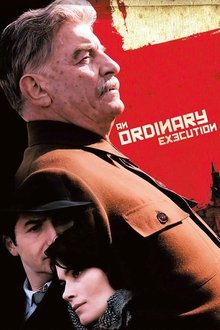
During the last days of Stalin’s reign, a doctor (Marina Hands) tries to go unnoticed in a society of mutual dread where a neighbour or colleague might “denounce” you to the authorities at any moment.But tales of her healing touch have spread and one night she is taken away, not to the infamous Lubyanka prison, but to the Kremlin to attend the ailing Comrade Stalin himself. Uncle Joe (André Dussollier), an old man racked with pain but still as watchful and deadly as a snake.
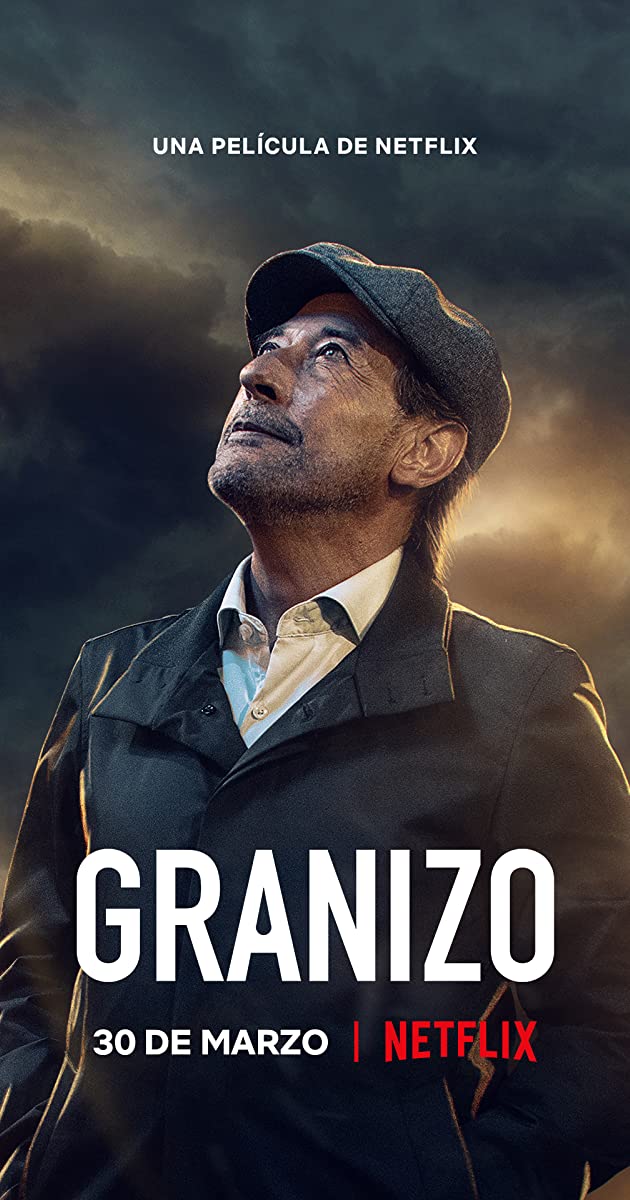
A famous TV weatherman, Miguel Flores, becomes public enemy number one when he fails to predict a terrible hailstorm. He is forced out of the big city, Buenos Aires, fleeing the capital for his birthplace of Córdoba. The result will be a voyage of rediscovery that is as absurd as it is human
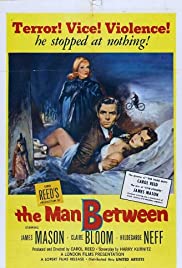
“The Man Between” is a 1953 British thriller film directed by Carol Reed and starring James Mason, Claire Bloom, Hildegard Knef and Geoffrey Toone. A British woman on a visit to post-war Berlin is caught up in an espionage ring smuggling secrets into and out of the Eastern Bloc.
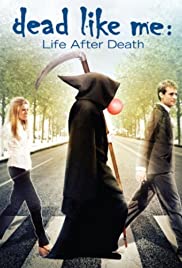
When George and her colleagues get a new boss whose focus is on moving souls quickly and enjoying life without consequences, the team begins to break the strict reaper rules. While her friends fall victim to their desires for money, success, and fame, George breaks another rule by revealing her true identity to her living family.
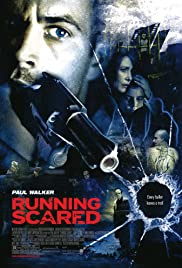
After a drug-op gone bad, Joey Gazelle is put in charge of disposing the gun that shot a dirty cop. But things goes wrong for Joey after the neighbor kid stole the gun and used it to shoot his abusive father. Now Joey has to find the kid and the gun before the police and the mob find them first.
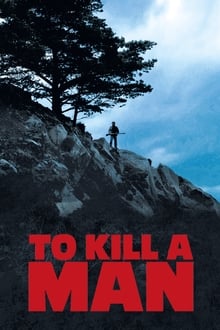
How far will you go to protect your family? Jorge is a peaceful hard-working man who seeks a simple, quiet life for himself and his family. One day, he is mugged and humiliated by a gang of thugs led by Kalule, a delinquent from his neighborhood. This event infuriates his son as much for Jorge’s meek acceptance as for the act itself. The son, looking for retribution, ends up getting himself shot. Kalule is sent to jail and when he gets out 18 months later, begins a campaign of terror against Jorge and his family. The authorities do nothing, so Jorge decides to take matters into his own hands.
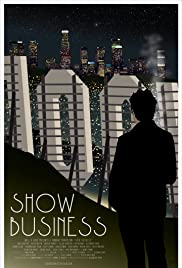
A writer from New York moves to Los Angeles with his fiancé to adapt a children’s book for a Hollywood producer. A series of meetings begin between the author of the book, the director, and other actors, each having their own take on the direction of the script. The writer and his financier are constantly fighting as the work becomes more and more tiring and gruesome. Fearing medication has made him mediocre, the writer is faced with a choice between having a happy life and being a successful writer in Hollywood.
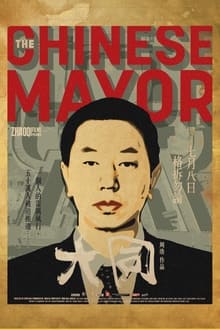
Once the thriving capital of Imperial China, the city of Datong now lies in near ruins. Not only is it the most polluted city in the country, it is also crippled by decrepit infrastructure and even shakier economic prospects. But Mayor Geng Tanbo plans to change all that, announcing a bold, new plan to return Datong to its former glory, the cultural haven it was some 1,600 years ago. Such declarations, however, come at a devastatingly high cost. Thousands of homes are to be bulldozed, and a half-million of its residents (30 percent of Datong’s total population) will be relocated under his watch. Whether he succeeds depends entirely on his ability to calm swarms of furious workers and an increasingly perturbed ruling elite. The Chinese Mayor captures, with remarkable access, a man and, by extension, a country leaping frantically into an increasingly unstable future.
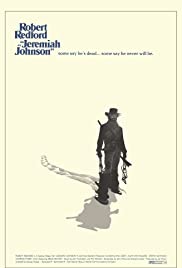
A mountain man who wishes to live the life of a hermit becomes the unwilling object of a long vendetta by Indians when he proves to be the match of their warriors in one-to-one combat on the early frontier.